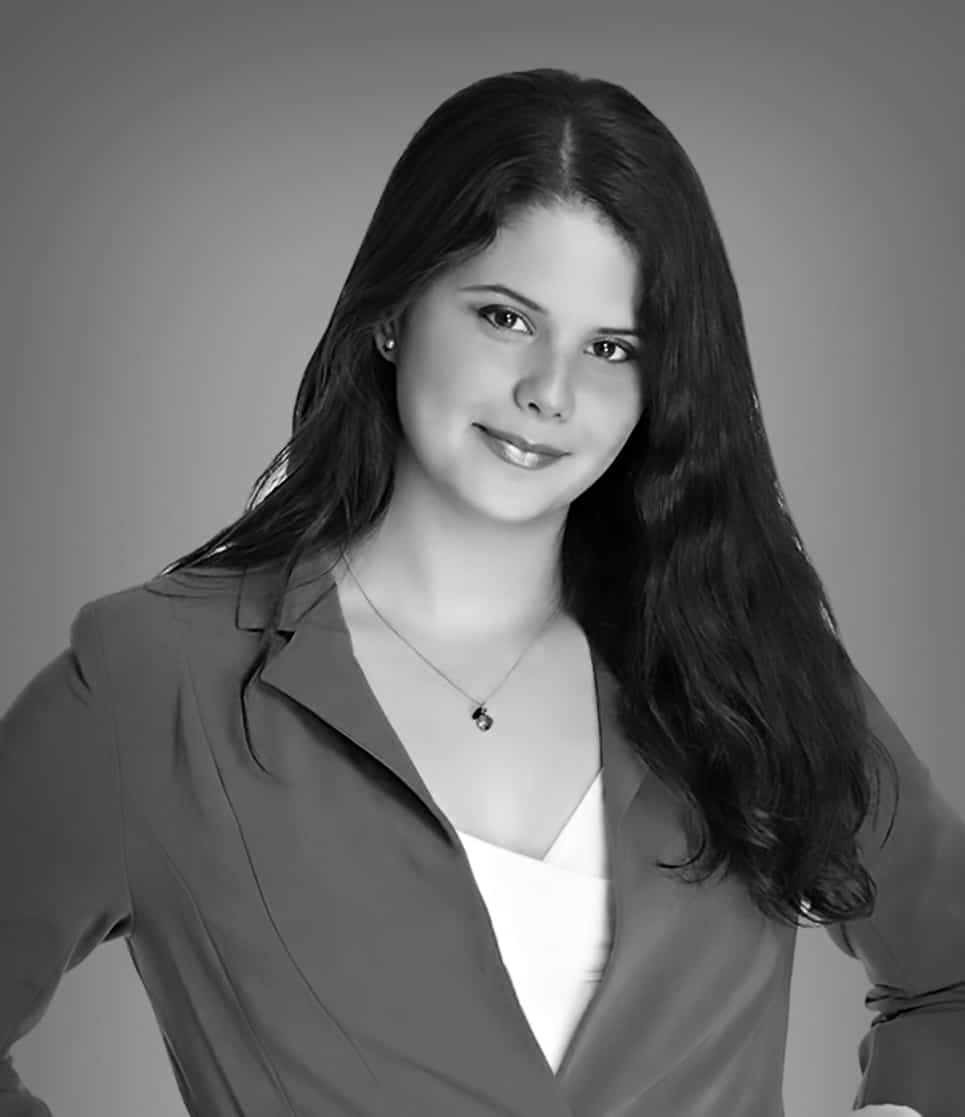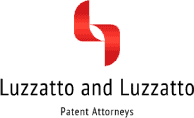


The first and basic encounter of entrepreneurs, inventors, companies and corporations when seeking legal protection for their inventions is with the official body mandated in each country to register patents, models and trademarks.
The quality of the work of this agency has considerable and clear implications for the willingness of these entities, including foreign investors, to act in that country, and certainly has implications for the extent of a country's overall industrial and technological development.
Until about ten years ago, the patent examination process in Israel was cumbersome and suffered from severe bureaucratic delays. While the time required in Israel for registering trademarks and models was reasonable (usually between a year and eighteen months), the time for examining patents was much longer (on average, over four years, with certain patents spending even more time in the belly of the Israel Patent Office before seeing allowance). Given the lifespan of a patent (20 years), it was abundantly clear that delays of this scale caused significant damage to inventors seeking IP protections in Israel.
Examination delays stemmed, in large part, from a shortage of qualified patent examiners. While the training of patent examiners is no small investment of time and resources, many countries have taken decisive steps to strengthen their patent authorities with additional manpower. For example, the European Union set up the European Patent Office, which is an independently-funded, non-territorial organization financed entirely by applicants' fees. As part of a long-term plan to expedite patent examinations, the EPO has recruited and trained hundreds of patent examiners to join its ranks.
Owing both to its position in the world economy and its commitments to the international intellectual property community, Israel was obligated to enact significant reforms at the Patent Office, the arm of the Ministry of Justice responsible for the registration of eligible intellectual property.
In 2006, the government decided that the Patent Office would operate as an independent executive agency headed by the Registrar of Patents. In 2011, this status was officially committed to the books. This transfer of authority granted managerial, budgetary and organizational independence to the Office, both in matters directly concerning intellectual property as well as finance, budget and human resources.
In 2014, the Israeli Patent Office began serving as an international search and examination authority for both Israeli and foreign applicants. At the beginning of the year, an agreement was signed with the U.S. Patents and Trademarks Office whereby the Israeli Patent Office began to operate as a search and examination authority for international patent applications filed in the American Patent Office starting in October of the same year. Under this agreement, applicants from the U.S. could now to choose to have the Israeli Patent Office carry out an official patent search on their behalf.
In accordance with the new agreements and in order not harm the wait list of national applications from the U.S., the agreement stipulated that in the initial stage the Patent Office would examine a maximum of 75 American applications per quarter so as to avoid overload. In addition, because Israel cannot examine applications dealing with business methods under the G060 international patent classification, this type of application would not be examined. By the end of December 2014, nine international search applications had been received from applicants in the U.S.
Increased Efficiency and Output
Since then, the Patent Office has taken a number of steps to increase its efficiency and output. As a result, the average wait time for the first examination in Israel has fallen dramatically. The reduction of wait time is just one way in which Israel has successfully aligned itself with global intellectual property trends. The data show that the average wait time for a first examination in the years 2006-2014 dropped from 50.2 months in 2006 to 29.4 months in 2014.
The numbers for 2014 indicate a slight increase in the wait time relative to 2013, when wait time averaged 28 months, and certainly compared with 2012, which was 24.4 months. The 2015 anomaly can be attributed to the fact that the Patent Office dedicated resources to shortening the wait time for the second examination as a step to reducing the overall wait time. Furthermore, the same year saw a controlled diversion of examination personnel to activities surrounding Israel's new status as an international search authority.
The year 2014 saw a projected 1.5% rise in the number of patent applications filed in Israel compared with the previous year, a figure that signifies a welcome change in the consistently lower estimates cited for patent application filings since 2011.
And what did we see on the world stage in 2014? Many countries recorded a rise in the number of patent applications in what appears to have been global trend which shows an annual increase of 4.5%. Especially notable was China (a rise of 12.5%), but also the U.S. (1.3%), Korea (2.8%), Germany (4.4%), and Canada (2.1%). In contrast, others registered a decline, among them Japan (- 0.7%), India (-0.4%), and Brazil (-1.8%). Returning to Israel – the number of applications which culminated in a patent, increased steadily from 2012. In 2014, a rise of 8% was projected for the number of patents granted relative to the year before.
This increase can be attributed to the end of the apprenticeship period of the fourth cycle of patent examiner training in 2013, resulting in the increase of patent examiners the following year. In addition, a new emphasis on efficiency alongside increased capacity bolstered by additional patent examiners, improved the quality of the examination. A few measures of note include better-quality examination instructions and the introduction of a new incentive-based pay system in the Patent Office. These steps led to significant shortening of the waiting time for the second examination, and consequently, more applications reached the acceptance stage than in previous years.
Also in 2014, the Patent Office began identifying professional lacunae requiring attention. A happy result of the efforts was a long-term training plan whose primary aim was the creation and preservation of knowledge within the patent examiners' department.

Relevant Articles
Regarding Patent Term Extensions in Israel
